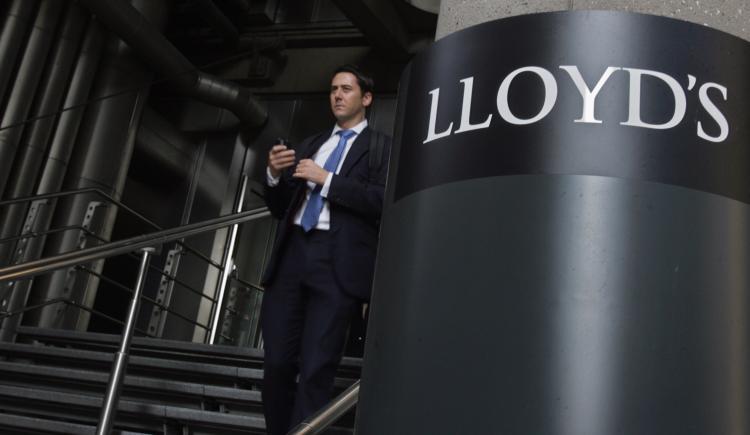Insurance company Lloyd’s of London has announced its exit from a net-zero alliance for insurers—the sixth such organization to have pulled out from the initiative within a week.
The Net-Zero Insurance Alliance (NZIA), convened by the United Nations, seeks to commit group members, composed of the world’s leading insurers and reinsurers, to fighting climate change. As part of this, members have to transition their insurance and reinsurance underwriting portfolios to net-zero greenhouse gas (GHG) emissions by 2050. On Friday, Lloyd’s of London quit the NZIA. This took the total number of members who have quit NZIA this week alone to six, which represents a fifth of the organization’s total of 30 members. Since March, a total of 10 members have quit NZIA.





